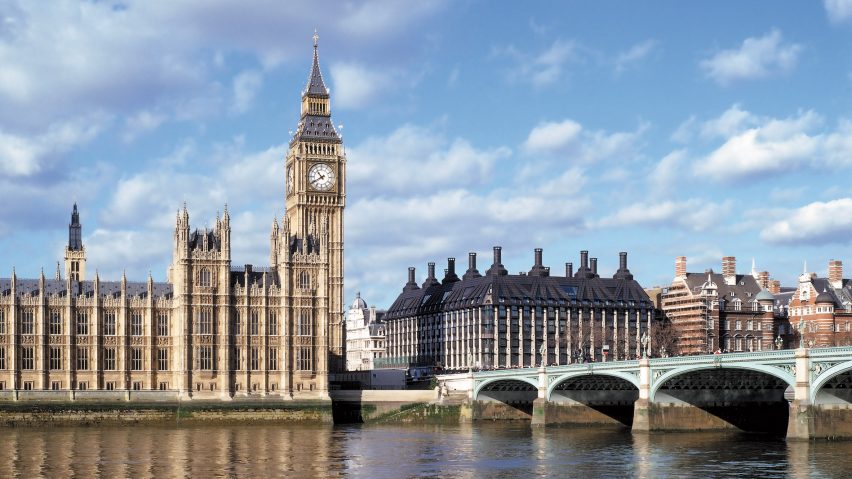
"Open House champions the city as a form that can inspire you"
As the 30th-anniversary edition of the Open House Festival draws to a close today, commenters including mayor of London Sadiq Khan and architect Farshid Moussavi and incoming RIBA president Muyiwa Oki reflect on the impact the event has had on the city.
Launched in 1992, the Open House Festival has seen thousands of London's most significant buildings, including Parliament and Portcullis House (pictured) open their doors to the public. It has become a key date in the architectural calender and impacted how architecture is seen and understood in the city.
To mark this year's 30th anniversary, curators Zoë Cave and Phineas Harper reflected on the value of the annual architecture event in an exclusive interview with Dezeen. Many of their views are echoed by architects and others living in the city.
Below, 13 Londoners reflect on the importance of the event:
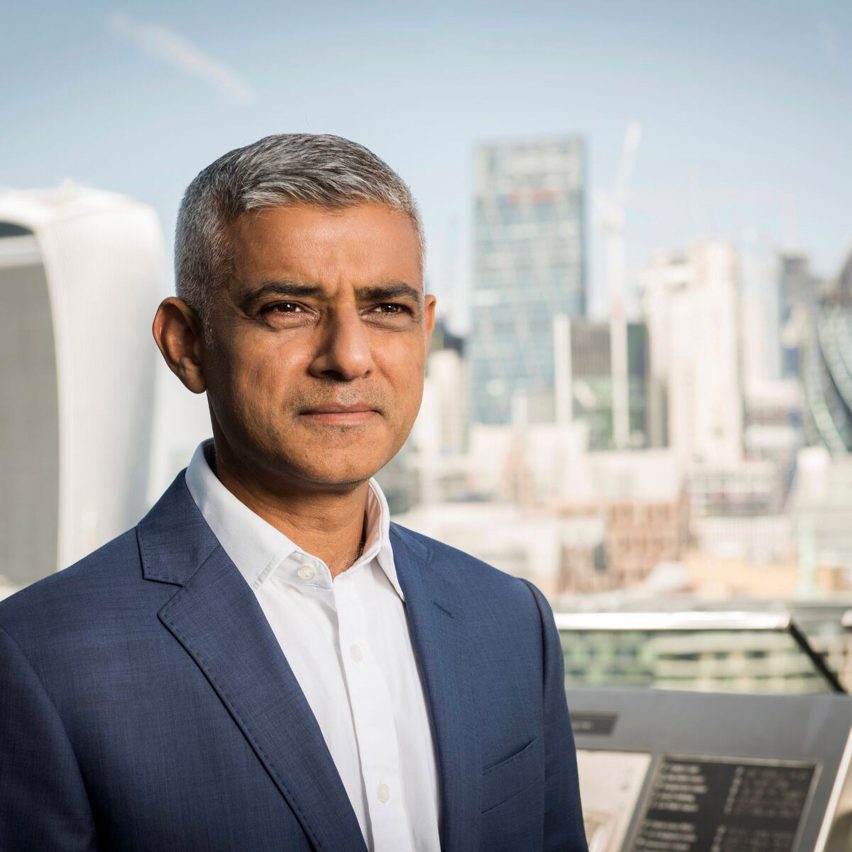
Sadiq Khan, mayor of London
"For over three decades Open House Festival has been revealing famous landmarks, private homes and treasured institutions, giving the public a rare glimpse of some of the capital's most extraordinary spaces.
"Don't miss the chance to admire our architecture and marvel at the amazing feats of engineering and design that help make London the greatest city in the world."
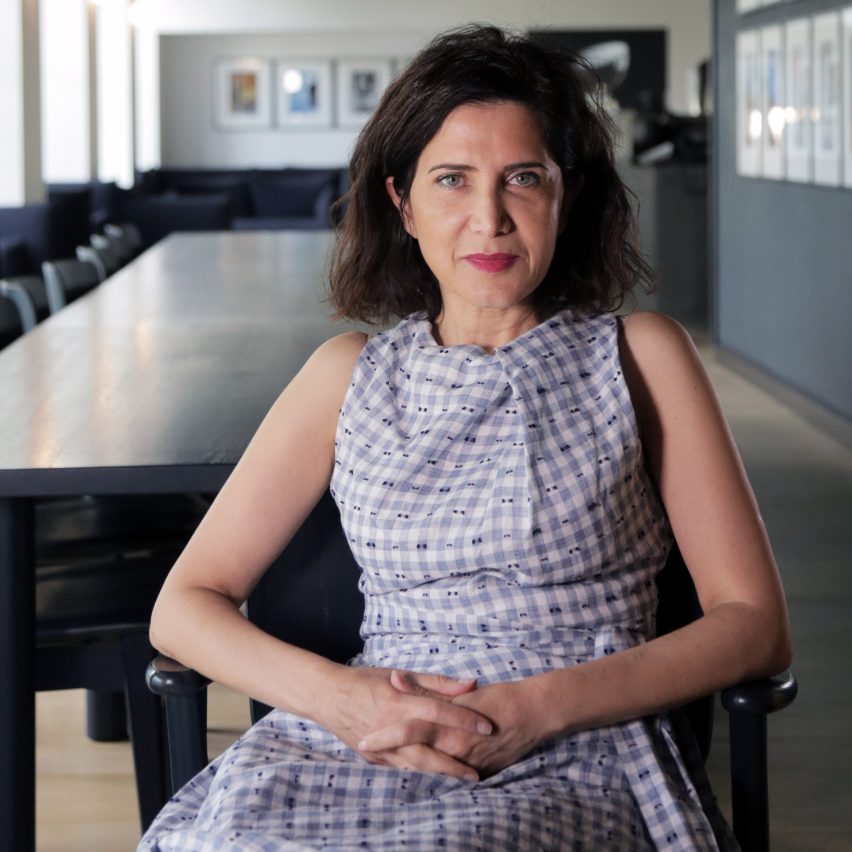
Farshid Moussavi, founder of Farshid Moussavi Architecture
"The Open House Festival champions the city as a form that can inspire you. When Victoria Thornton founded the movement three decades ago, we had no digital avenues for the sharing of knowledge and the understanding of good precedents.
"The Open House Festival created opportunities for shared experiences of those kinds of spaces. Ultimately, to experience good architecture, you have to visit it. It is in this way that the Open House Festival continues to remain invaluable in the hands of chief curator Zoë Cave and the Open House Festival team."
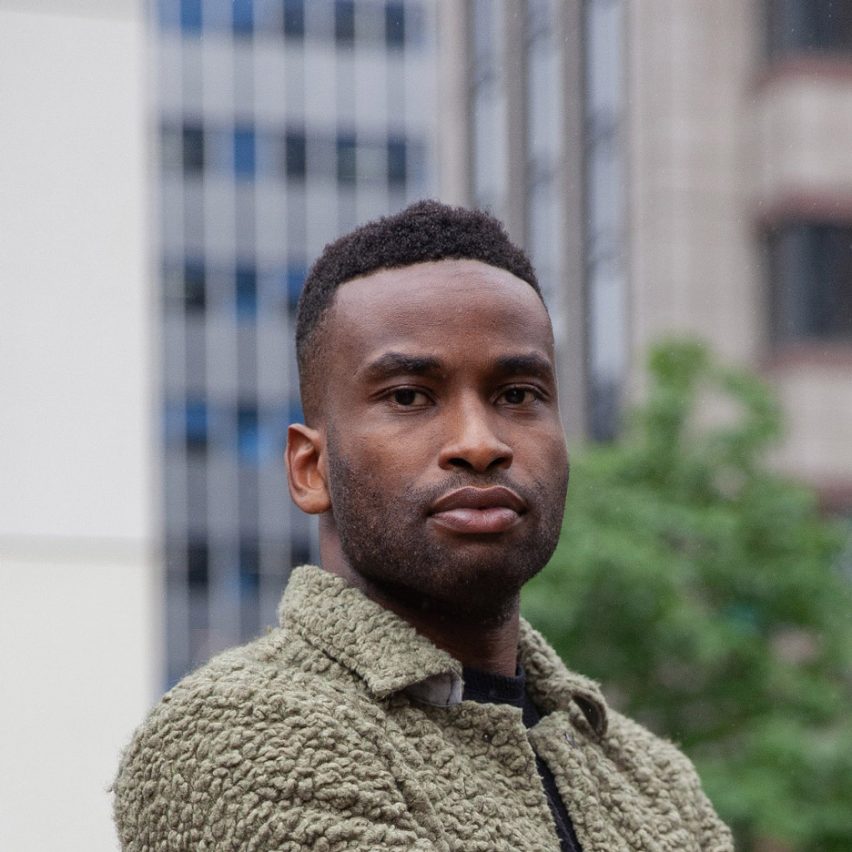
Muyiwa Oki, next RIBA president and architectural manager at MACE
"For the past 30 years, Londoners have had an incredible opportunity to revel in the public excitement of the Open House Festival. This feat of public generosity, stewarded by Open City and its mission to make London truly open, is a clever bookend to the summer."
"I hope its impact is sustained over the next 30 years, to continue to publicly champion the relevance of architecture and the design of our cities. All the while presenting architecture to those that are historically disengaged. In the past, I have personally taken the Open House Festival as an opportunity to nosy around some of the hidden gems and see first-hand the great public interest – as evidenced in the busy queues.
"These types of 'common good' are important for creating diversity and a sense of belonging in cities. I am excited to see what the future holds in terms of expanding dialogue on topics such as building a low-carbon future and improving accessibility using digital technology."
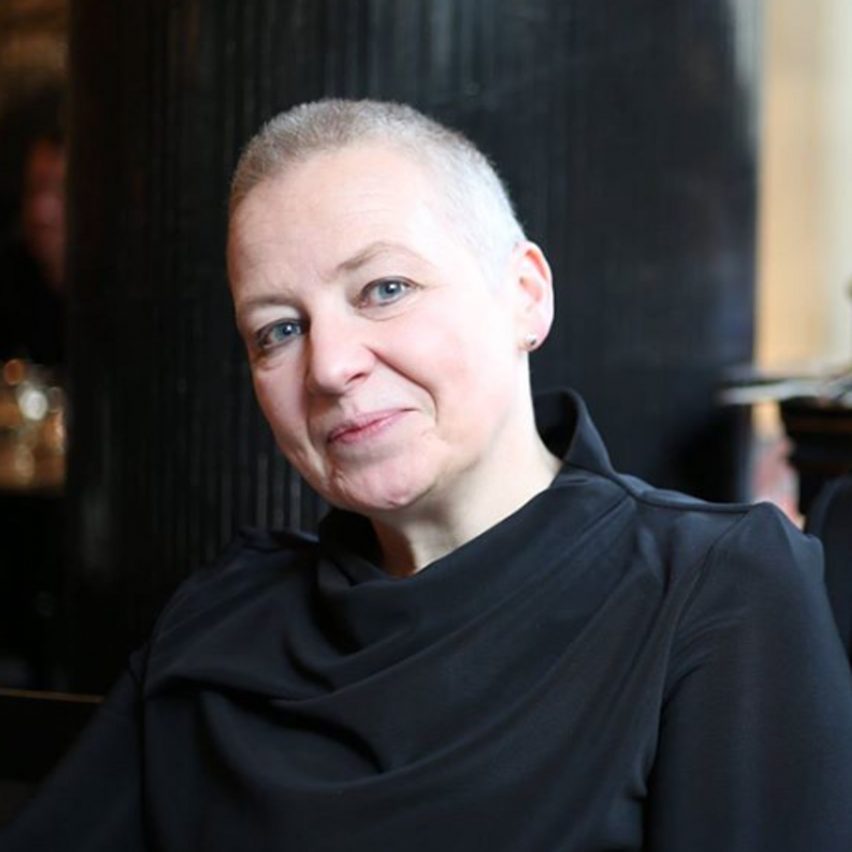
Catherine Slessor, president of Twentieth Century Society
"Everyone who lives in London constructs a personal mental map of places, things, people – and buildings. It's how we fathom the city's vast scale, enabling us to navigate around a terrain oozing with possibilities and perils.
"For most of the time, many of London's buildings are routinely off limits to ordinary people, fuelling the popularity of the thoroughly excellent Open House Festival programme. However, being able to encounter buildings in the flesh helps you to apprehend not just their architectural style, but their social and civic substance and how they shape city life.
"The Open House Festival unhooks the velvet rope, affording a tantalising and democratising peek into London's architectural multiverse."

Peter Barber, founder of Peter Barber Architects
"Phew, where would we be without Open City's films, events, publications, tours, debates, educational projects and of course the wonderful Open House Festival?
"An explosion of positive energy, fascinating information and ideas. Egalitarian, generous, OPEN!"
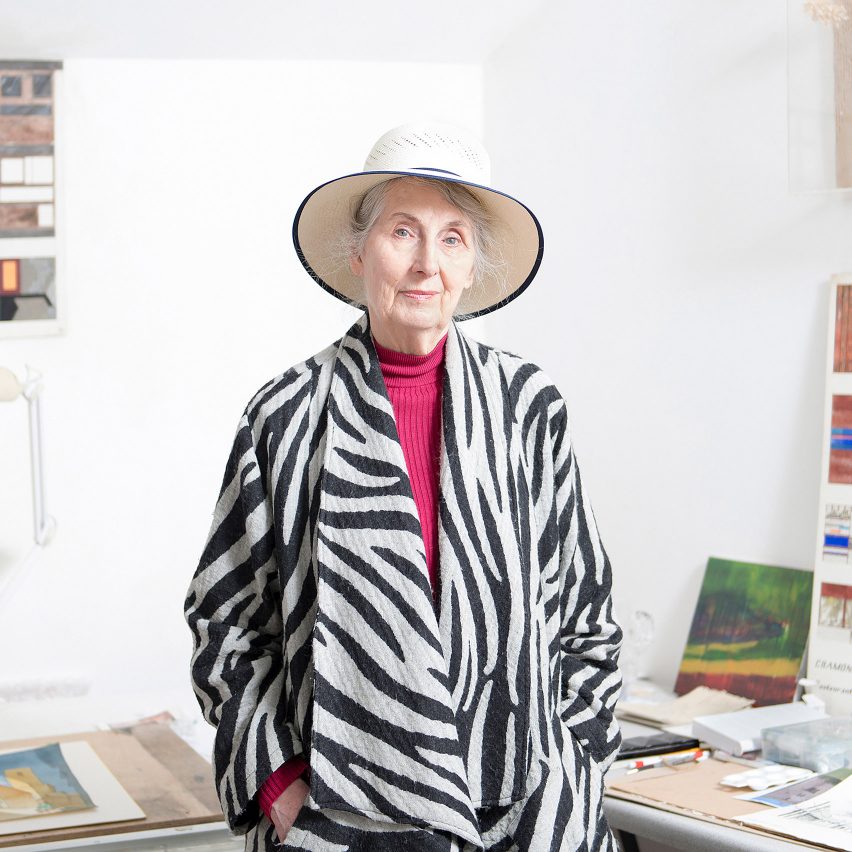
Kate Macintosh, architect
"Open City has much to celebrate. Their cycle tours, documented with erudite guides, across the best municipal housing of London, spanning from the Boundary Estate of 1900 to Mansfield Road and Lamble Street of 1980, have made a great contribution to the fight-back against the denigration of the public investment made in improving the living standards of the metropolitan population, during the heroic years of les trente glorieux and stretching back to before the Addison Act of 1919.
"That these dwellings are now the prime targets of buy-to-let-landlords, in some case renting them back at three or four times the social rent, to the very authorities which enabled their creation, is both a testimony to the high standard they embody (despite years of enforced neglect of maintenance) and an illustration of the worst consequences of the maladministration to which England is currently subjected. With empty homes in London estimated to be worth £130 billion, it is obvious that it is affordability not housing numbers that lies at the heart of homelessness."
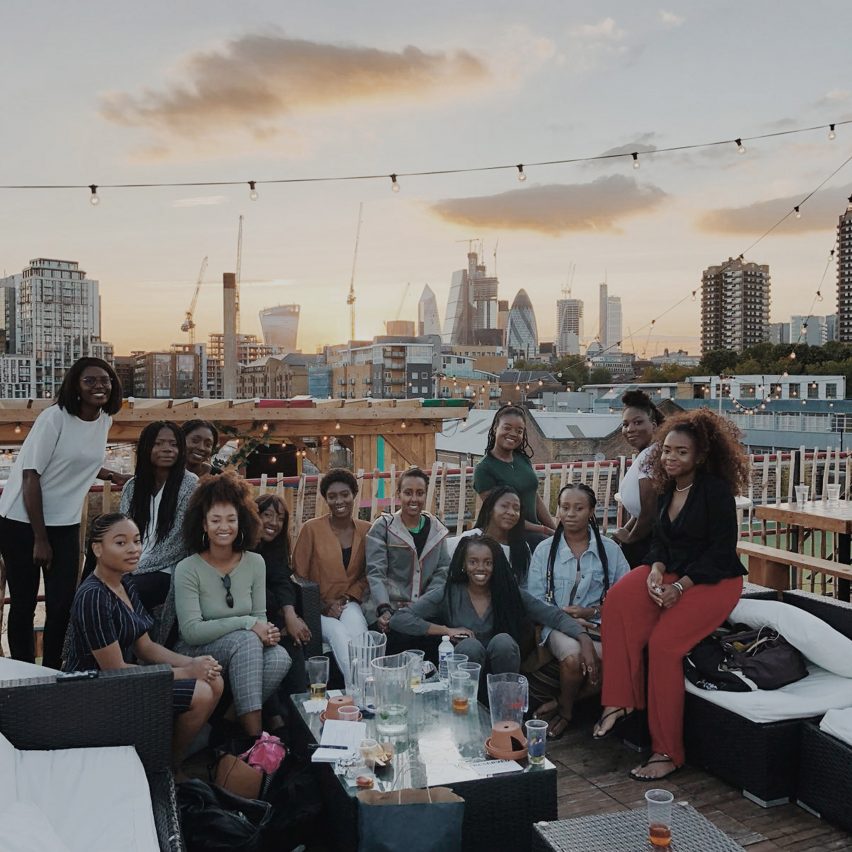
Selasi Setufe, co-director of Black Females in Architecture
"No matter where you are from almost everyone interacts with a built structure or environment. In an urban context like London, we all do. The impact various places and spaces have on us is something we often overlook in our daily lives, however the Open House Festival enables everyone to experience great quality design in our built environment.
"Granting as many people as possible some exposure and experience of quality space and places on a domestic level is a brilliant way to increase awareness and demand for great designs that positively impact our existence in these spaces.
"In some instances, it will also be an opportunity to promote design solutions that are responsive to climate change, fuel poverty and other important issues. On a civic level, I believe granting access to spaces that are typically shut off from the public is powerful. It provides an opportunity to democratise key spaces and landmarks that form the city, creating access for all irrespective of race, age, gender, faith, class, profession, education etc.
"It also creates an opportunity for people to feel better connected to and be more appreciative of the histories, roles and significance of these spaces."
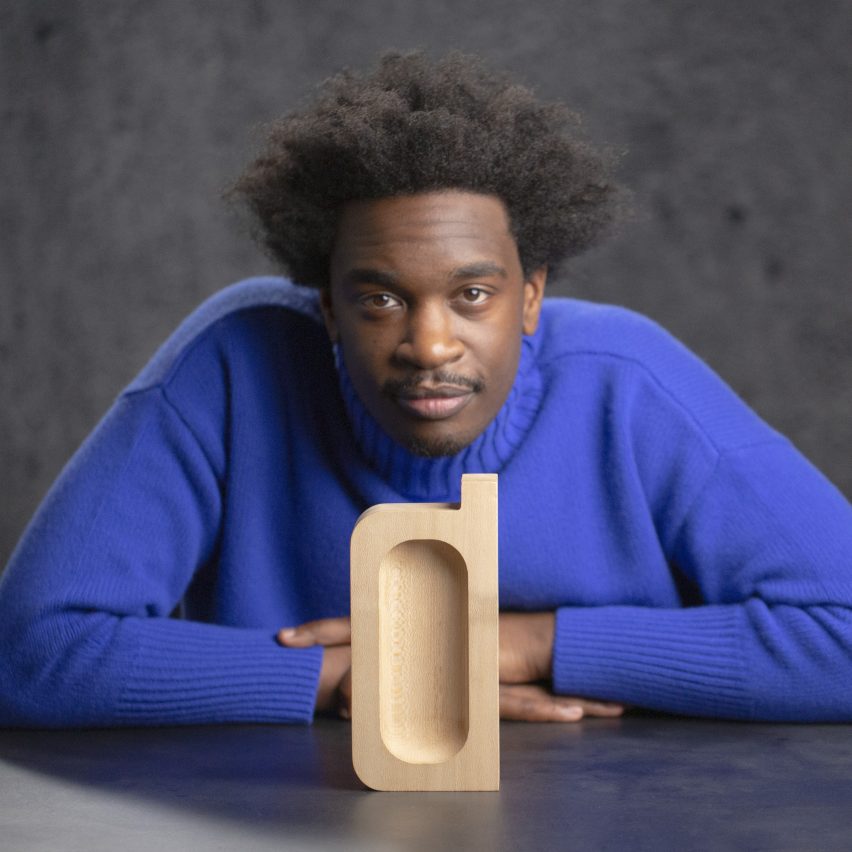
LionHeart, poet
"The Open House Festival grants us experiential access to ways in which architectural exposure can truly benefit us. By removing boundaries, this festival provides insight, inspiration and intrigue into how culturally accessible and equitable we can be.
"We can't overlook the clear impact these experiences offer us. From teens to adults, it's immeasurable!"
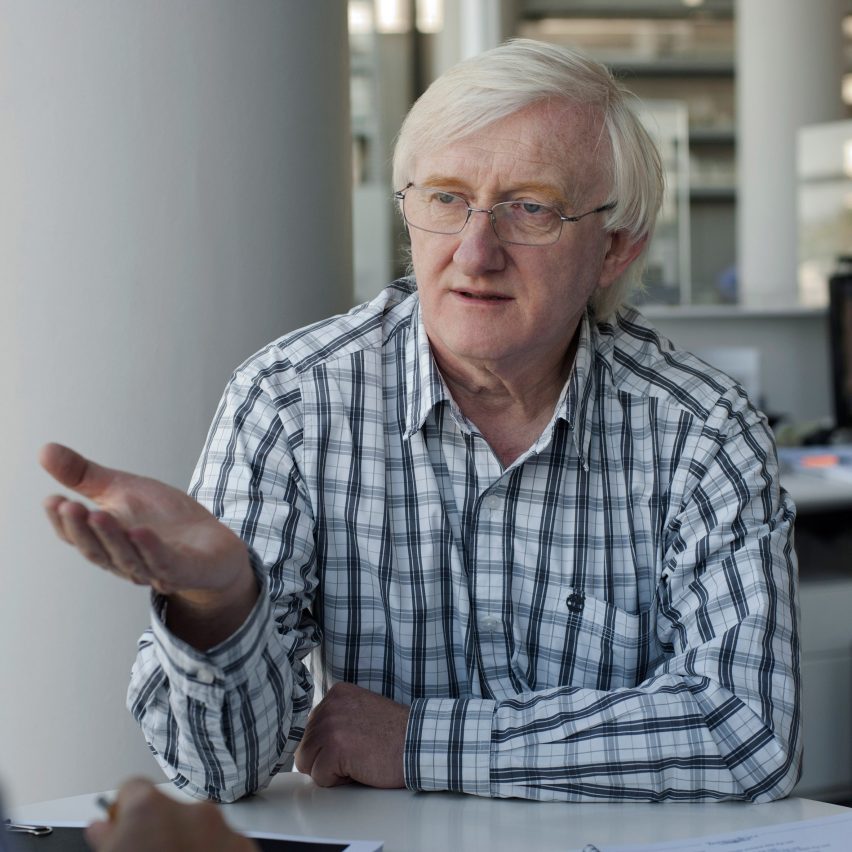
Spencer de Grey, head of design at Foster + Partners
"From its early days three decades ago, the Open House Festival has not only become a much-loved cultural institution in London but a global movement that celebrates the built environment worldwide.
"More people now live in cities than ever before. The festival plays a pivotal role in making the urban realm more accessible to all. It encourages a sense of pride in us all and educates the next generation to help preserve and enrich our surroundings."
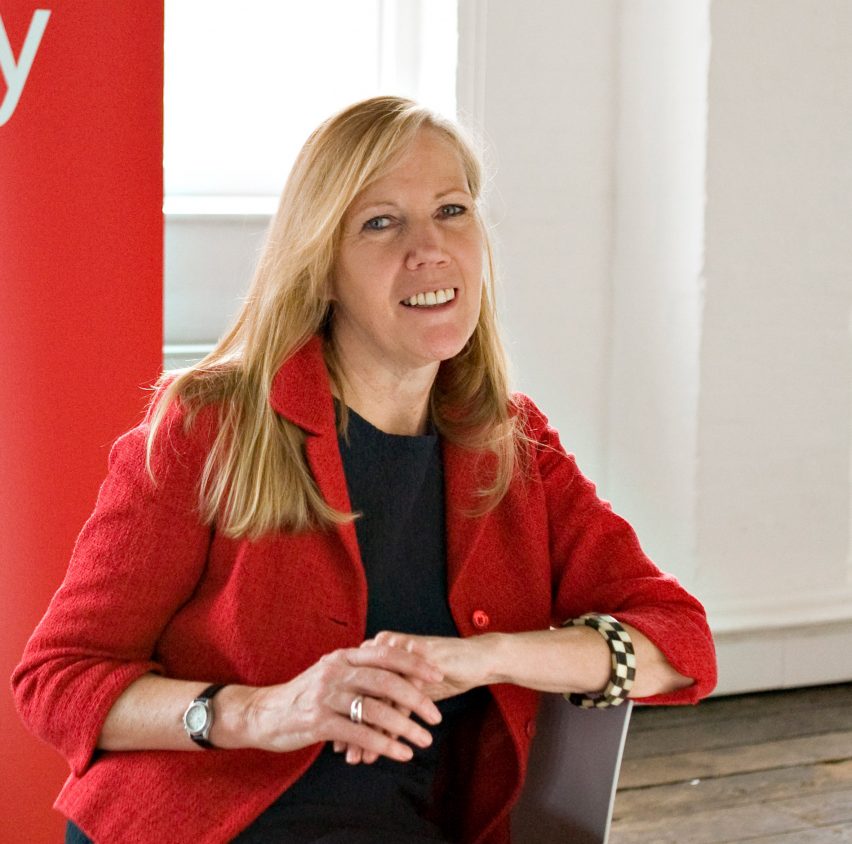
Victoria Thornton, president of the AA and founding director of Open City
"The idea of Open House was borne out of a frustration that here we were in a major world city, yet it was wishing to place itself firmly in the past rather than through the lens of a contemporary city for all. Over time, this 'mad idea that went global'; has resonated with the metropolis' populace, its media, the profession, and, importantly, with local councils, each sector acknowledging the value of creating and sharing the idea of high-quality places and spaces.
"Now, as then, Open House's original concerns still resonate. London is now a different place, but post-pandemic and climate emergency, more than ever is needed to ensure that individuals and communities have a right to excellent places and spaces in which to work, live and play."
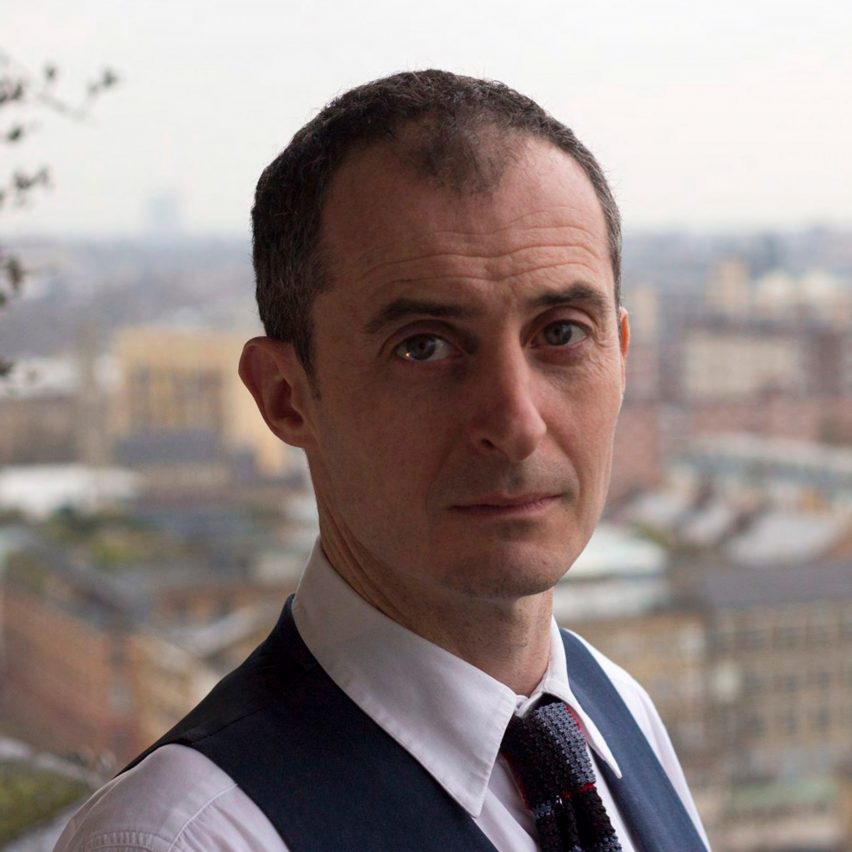
Ellis Woodman, director of the Architecture Foundation
"When the Open House Festival was established thirty years ago, British architecture was suffering a crisis of confidence. There had been next to no investment in public buildings for the past decade and the country was now struggling through a recession.
"The Prince of Wales' campaign against modern architects had also had a significant impact. There really was very little architecture of quality being built. And it is worth noting that this was a period before the emergence of cheap European travel, so if you were interested in contemporary architecture there was not much opportunity to visit it.
"The Open House festival, therefore, played an incredibly important role in galvanising London's architecture scene, not least by introducing a future generation of clients to the best new architecture. I have a particularly vivid memory of visiting Ron Herron's Imagination Building on Store Street during one of the early festivals. Leaving behind the grimy, anxious and parochial London of the early nineties as one walked into its luminescent atrium, was really to feel one was entering another world."
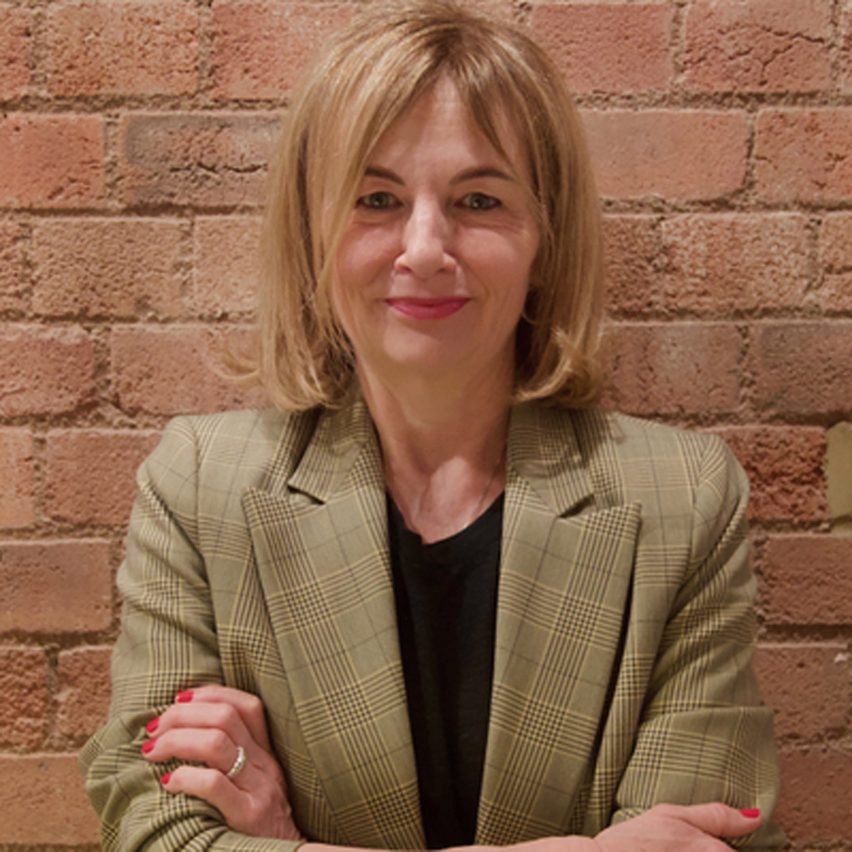
Amanda Baillieu, founder Archiboo
"Nobody can understand architecture from a book or a lecture. And however much curators try, most architecture dies once it's in a gallery. You have to experience buildings in the flesh – it's that simple.
"That's why the Open House Festivals are a genius idea and continue to be the most successful celebrations of built architecture that enriches the lives of millions of people across the world."
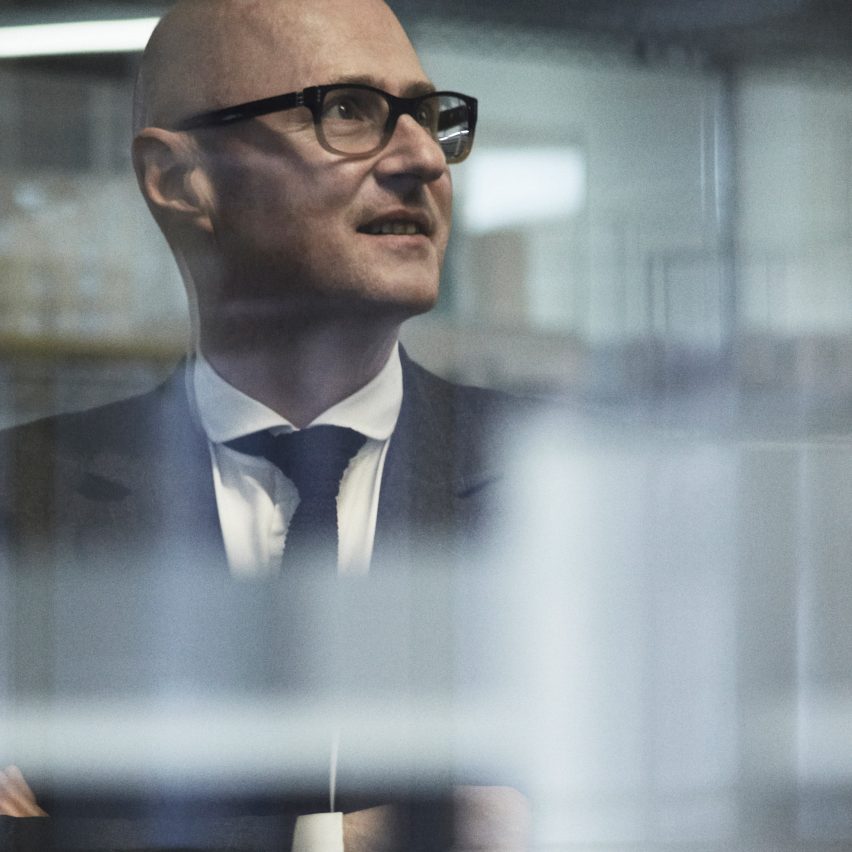
Simon Allford, RIBA president and co-founder of AHMM
"Thirty years ago, AHMM was in its infancy. Projects were moving, but often with considerable difficulty. We had no idea when complete if they would ever be considered of any interest – exciting times indeed! Open House Festival was in its infancy too – but thanks to its entrepreneurial inventor Victoria Thornton, it seemed already assured.
"Victoria had commandeered ourselves and other nascent practices to act as tour guides to the works of the deceased! We were allocated David du R Aberdeen's brilliant gesamtkunstwerk Congress House – just around the corner from the illustrious AA. I still vividly remember the brief introduction to the stories of the building's genius – as easy to learn as they were to convey to the thousand people who visited the next day. The spirit of Open House Festival; the generous sharing of access and ideas, was established in us all."
The main image is courtesy of Hopkins Architects.
Open House Festival took place in London from 8 September to 21 September 2022. See Dezeen Events Guide for an up-to-date list of architecture and design events taking place around the world.